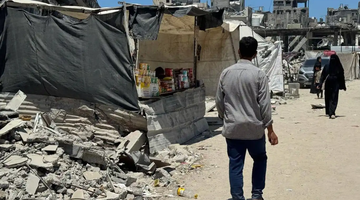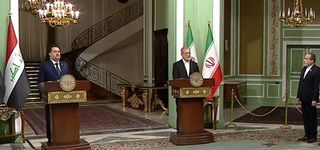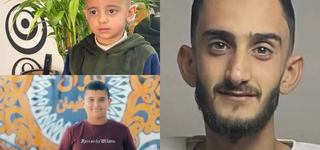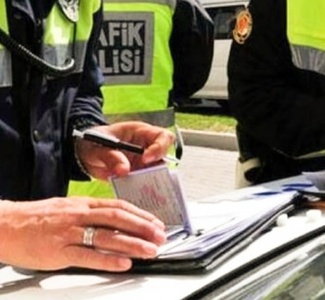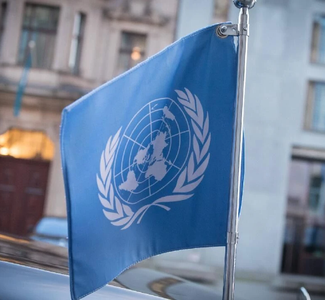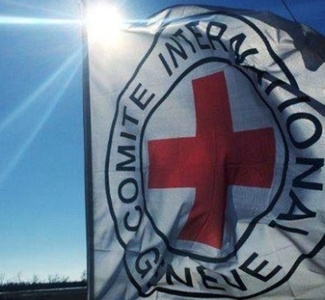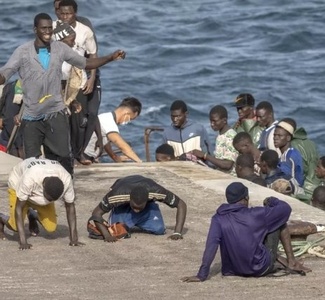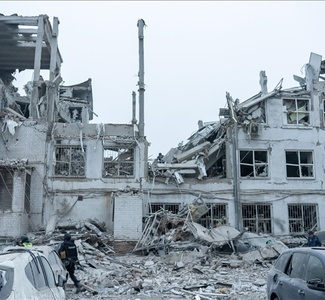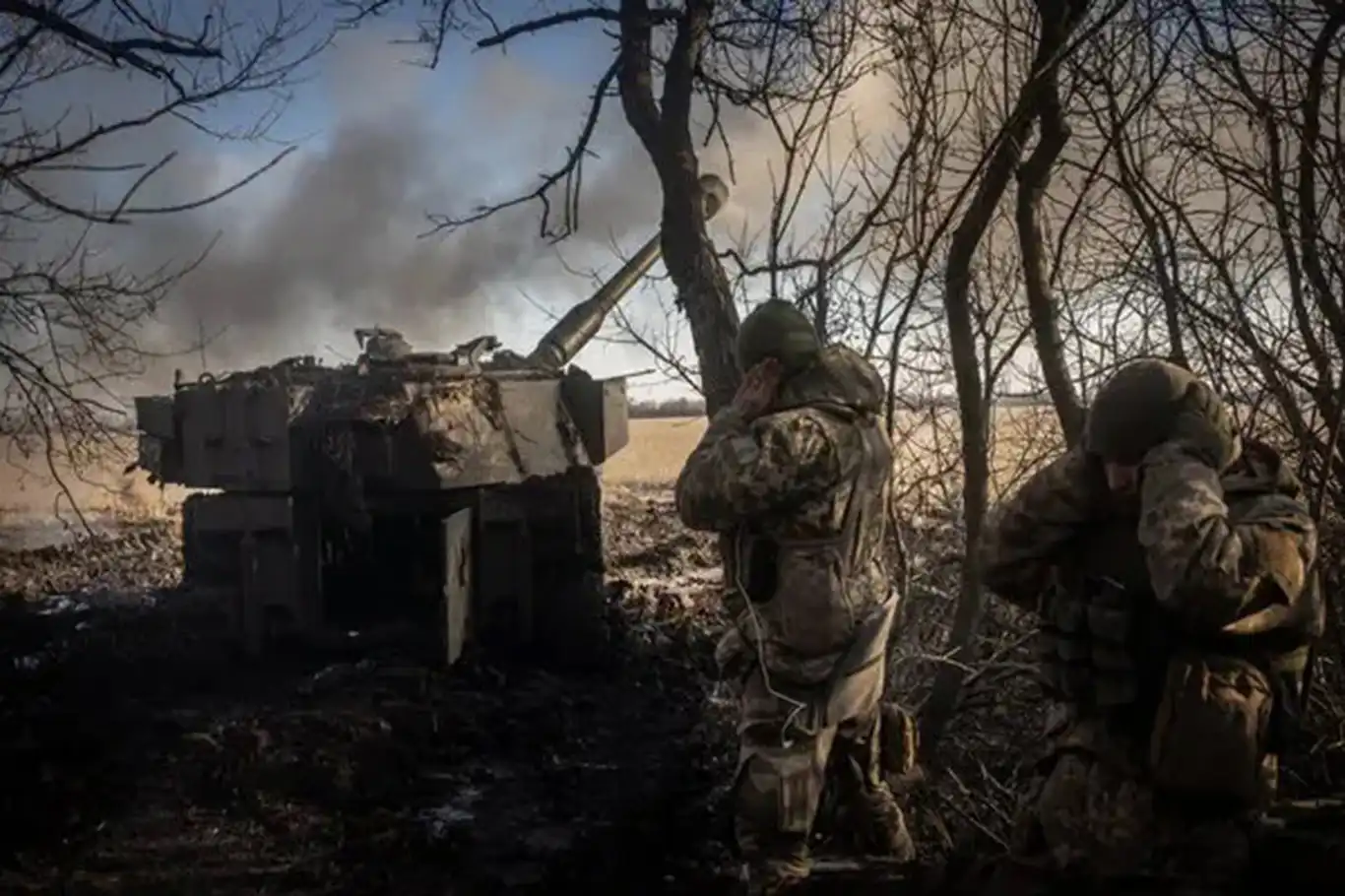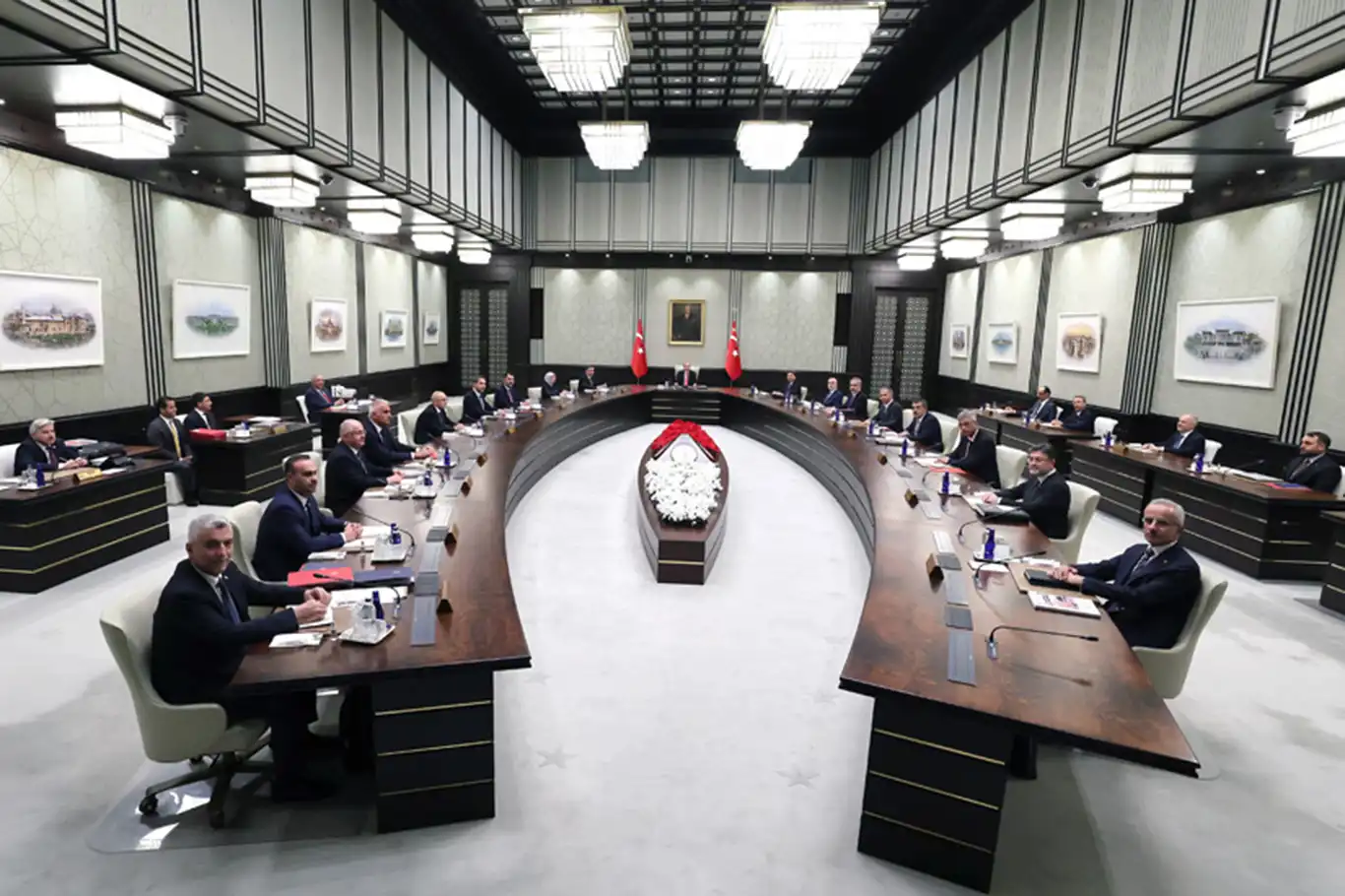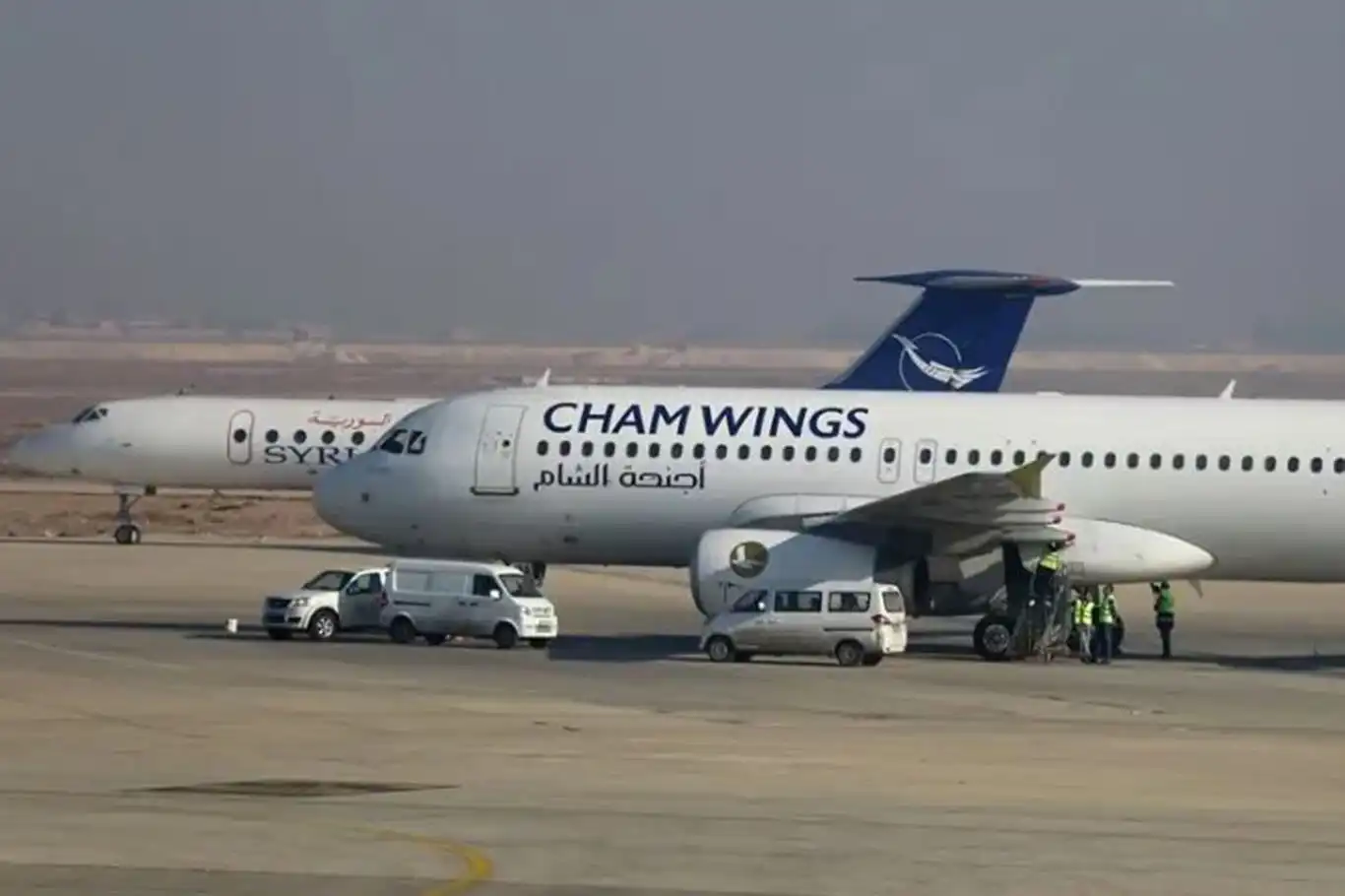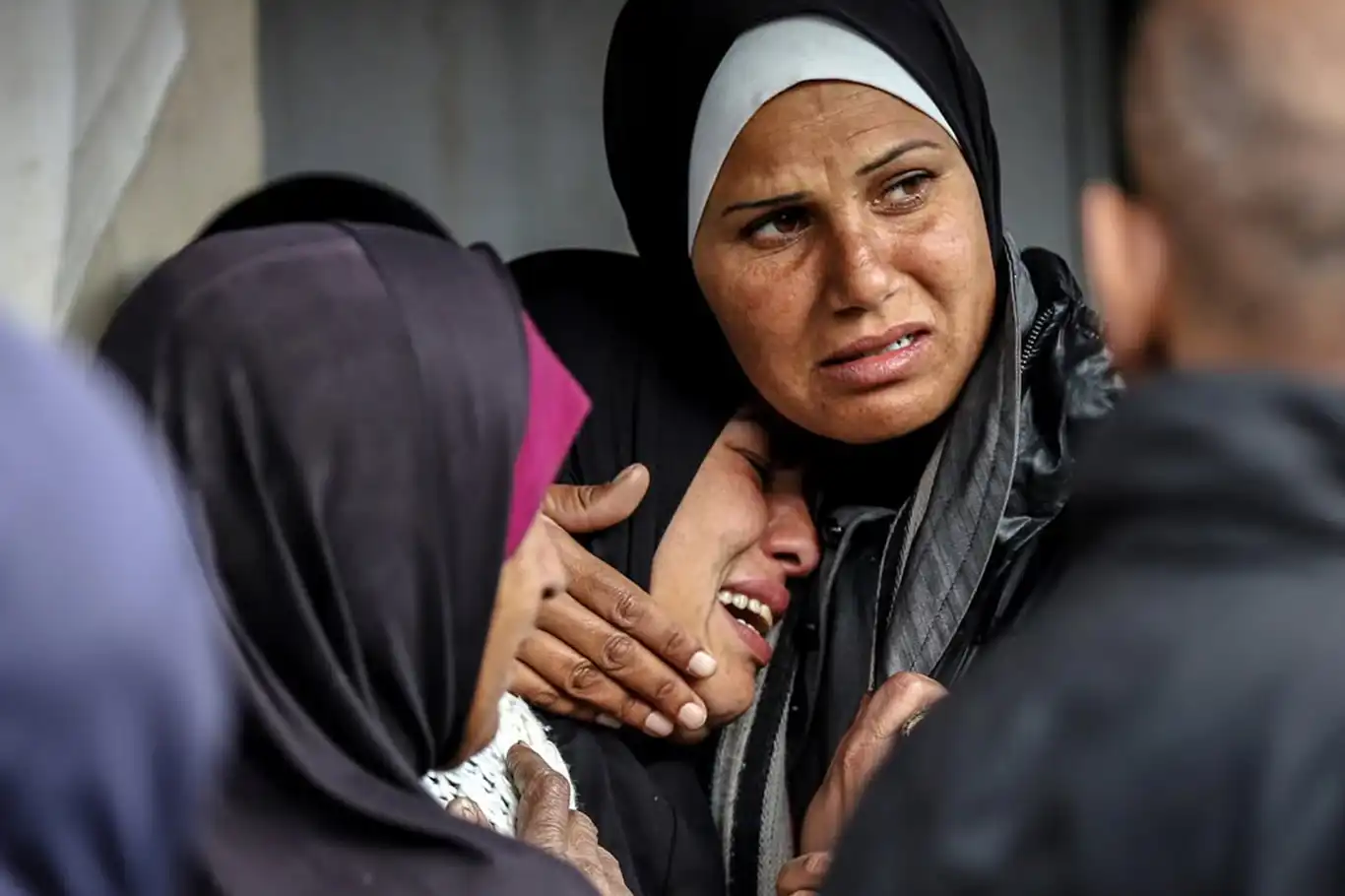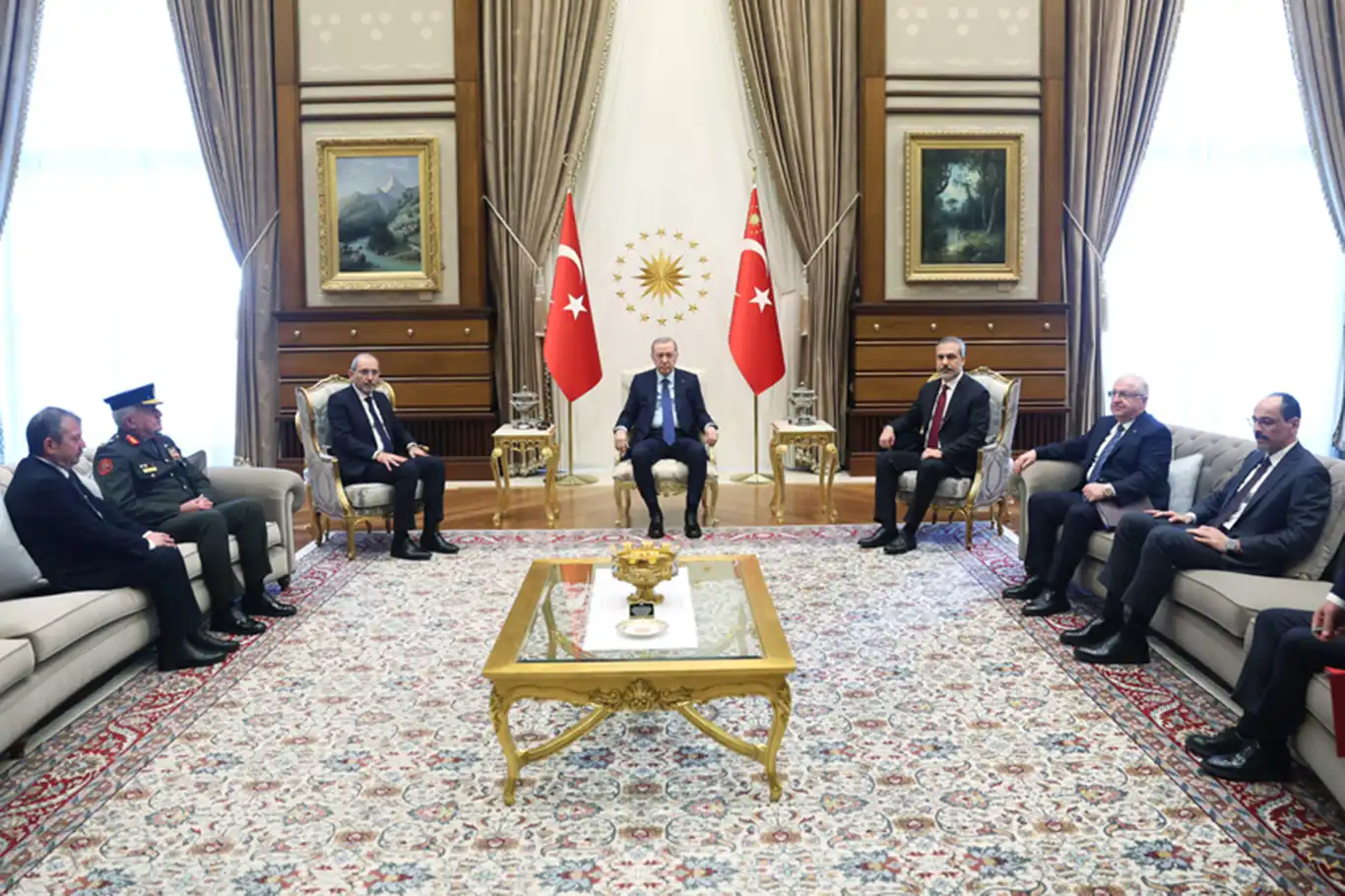UNHCR reports alarming increase in forced displacement worldwide
The United Nations Refugee Agency (UNHCR) released a sobering report Thursday, revealing a significant rise in forced displacement, reaching 120 million globally by mid-2024.

 Google News'te Doğruhaber'e abone olun.
Google News'te Doğruhaber'e abone olun. This marks the 12th consecutive year of increasing displacement, driven by escalating conflicts and humanitarian crises devastating communities worldwide. The conflict in Sudan alone has displaced 10.8 million people by the end of 2023, while internal strife in the Democratic Republic of the Congo and Myanmar added millions more to the ranks of the displaced last year.
The war in Gaza has been particularly devastating, forcing 1.7 million people — 75% of the population — to flee their homes within a span of seven months due to intense violence imposed by the Israeli occupation.
Syria remains at the forefront of the crisis, with 13.8 million Syrians displaced both internally and as refugees over the past decade of conflict.
Filippo Grandi, UN High Commissioner for Refugees, underscored the urgent need for global action to address the root causes of displacement. "Behind these stark numbers lie countless human tragedies," Grandi emphasized, urging adherence to international humanitarian laws and efforts to mitigate conflict, human rights abuses, and the impacts of climate change.
The Internal Displacement Monitoring Centre highlighted a staggering increase in internal displacement, reaching 68.3 million people, a 50% rise over the past five years. The number of refugees under UNHCR and UNRWA mandates also surged to 43.4 million.
Most displaced persons are hosted by low- and middle-income countries, which receive disproportionately less global income despite bearing the brunt of humanitarian responsibilities.
The report noted some positive trends, including the return of over five million internally displaced persons and one million refugees to their homes in 2023. Additionally, nearly 160,000 refugees found resettlement opportunities last year.
"Refugees and their host communities require solidarity and support. They can contribute positively to societies when given opportunities," Grandi stressed, highlighting Kenya's efforts in refugee integration as a model for others.
While acknowledging challenges, Grandi affirmed that solutions are achievable with sustained commitment and cooperation on a global scale. (ILKHA)





























